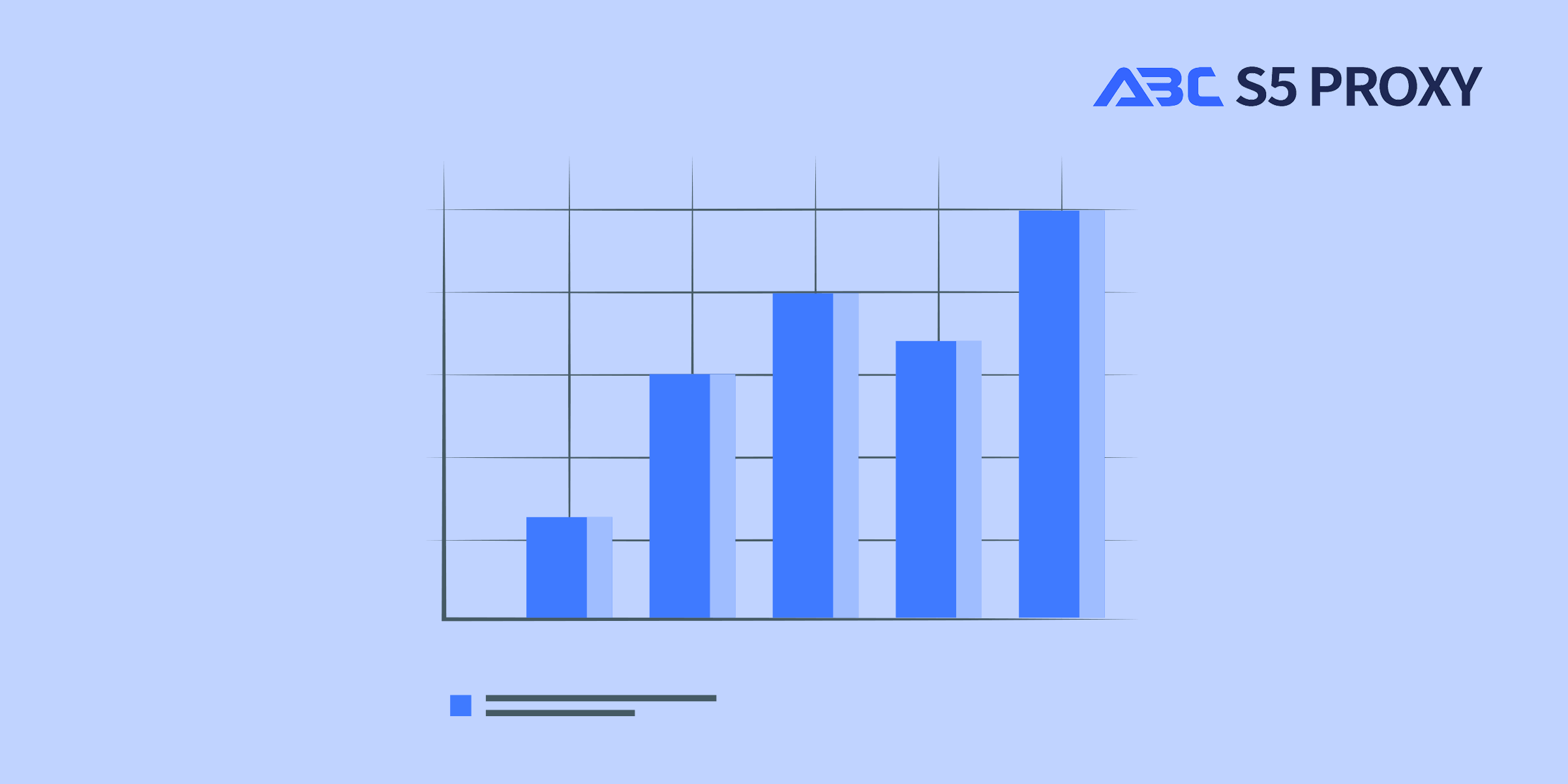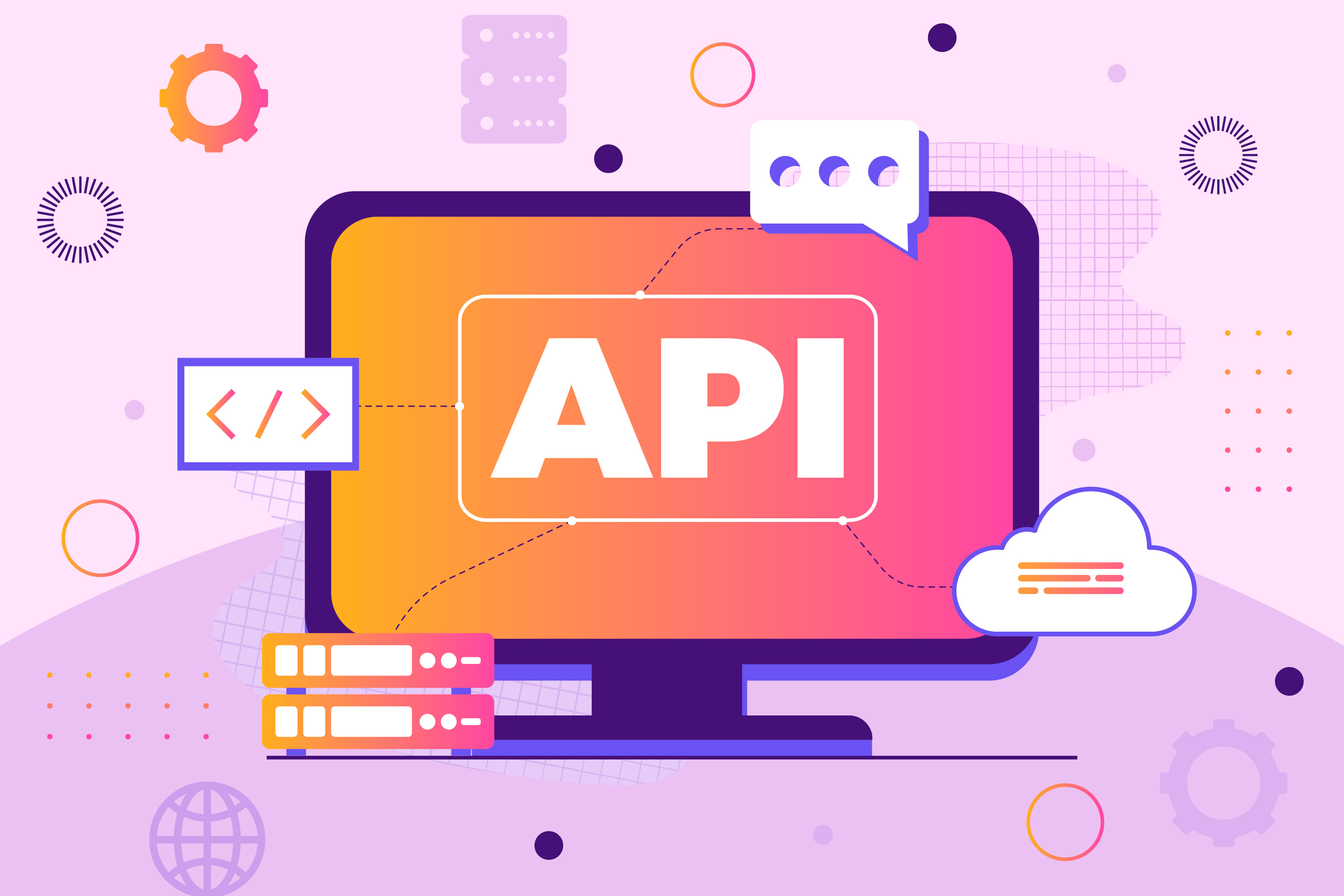Residential Proxies
Allowlisted 200M+ IPs from real ISP. Managed/obtained proxies via dashboard.

Proxies Services
Residential Proxies
Allowlisted 200M+ IPs from real ISP. Managed/obtained proxies via dashboard.
Residential (Socks5) Proxies
Over 200 million real IPs in 190+ locations,
Unlimited Residential Proxies
Unlimited use of IP and Traffic, AI Intelligent Rotating Residential Proxies
Static Residential proxies
Long-lasting dedicated proxy, non-rotating residential proxy
Dedicated Datacenter Proxies
Use stable, fast, and furious 700K+ datacenter IPs worldwide.
Mobile Proxies
Dive into a 10M+ ethically-sourced mobile lP pool with 160+ locations and 700+ ASNs.
Scrapers
Collection of public structured data from all websites
Proxies
Residential Proxies
Allowlisted 200M+ IPs from real ISP. Managed/obtained proxies via dashboard.
Starts from
$0.77/ GB
Residential (Socks5) Proxies
Over 200 million real IPs in 190+ locations,
Starts from
$0.045/ IP
Unlimited Residential Proxies
Unlimited use of IP and Traffic, AI Intelligent Rotating Residential Proxies
Starts from
$67/ Day
Rotating ISP Proxies
ABCProxy's Rotating ISP Proxies guarantee long session time.
Starts from
$0.4/ GB
Static Residential proxies
Long-lasting dedicated proxy, non-rotating residential proxy
Starts from
$4.5/MONTH
Dedicated Datacenter Proxies
Use stable, fast, and furious 700K+ datacenter IPs worldwide.
Starts from
$4.5/MONTH
Mobile Proxies
Allowlisted 200M+ IPs from real ISP. Managed/obtained proxies via dashboard.
Starts from
$1.2/ GB
Scrapers
Web Unblocker
Simulate real user behavior to over-come anti-bot detection
Starts from
$1.2/GB
Serp API
Get real-time search engine data With SERP API
Starts from
$0.3/1K results
Video Downloader
Fully automated download of video and audio data.
Starts from
$0.07/GB
Scraping Browser
Scale scraping browsers with built-inunblocking and hosting
Starts from
$2.5/GB
Documentation
All features, parameters, and integration details, backed by code samples in every coding language.
TOOLS
Resources
Addons
ABCProxy Extension for Chrome
Free Chrome proxy manager extension that works with any proxy provider.
ABCProxy Extension for Firefox
Free Firefox proxy manager extension that works with any proxy provider.
Proxy Manager
Manage all proxies using APM interface
Proxy Checker
Free online proxy checker analyzing health, type, and country.
Proxies
AI Developmen
Acquire large-scale multimodal web data for machine learning
Sales & E-commerce
Collect pricing data on every product acrossthe web to get and maintain a competitive advantage
Threat Intelligence
Get real-time data and access multiple geo-locations around the world.
Copyright Infringement Monitoring
Find and gather all the evidence to stop copyright infringements.
Social Media for Marketing
Dominate your industry space on social media with smarter campaigns, anticipate the next big trends
Travel Fare Aggregation
Get real-time data and access multiple geo-locations around the world.
By Use Case
English
繁體中文
Русский
Indonesia
Português
Español
بالعربية

Title: Boosting Crawler API Access Speed: Strategies for Improved Performance
Introduction:
In today's fast-paced digital world, the efficiency and speed of web crawlers play a crucial role in collecting and analyzing vast amounts of data. One key aspect that can significantly impact the performance of a crawler is its API access speed. Improving the API access speed can lead to faster data retrieval, enhanced productivity, and better overall performance. In this blog post, we will explore various strategies to boost crawler API access speed for optimized performance.
1. Optimize Network Connectivity:
One of the primary factors affecting crawler API access speed is the network connectivity. A slow or unstable internet connection can significantly hinder the performance of the crawler. To address this issue, consider using a reliable and high-speed internet connection to ensure faster data retrieval. Additionally, optimizing network settings and configurations can help reduce latency and improve overall performance.
2. Implement Caching Mechanisms:
Implementing caching mechanisms can help reduce the number of API requests and improve crawler performance. By caching previously retrieved data, the crawler can quickly access the information without making repetitive API calls. This not only speeds up data retrieval but also reduces server load and improves overall efficiency. Consider using in-memory caching or persistent caching strategies to optimize API access speed.
3. Utilize Asynchronous Requests:
Traditional synchronous requests can slow down the crawler as it waits for each API response before proceeding to the next request. Utilizing asynchronous requests allows the crawler to send multiple requests simultaneously and process responses as they arrive. This parallel processing approach can significantly boost API access speed and improve overall performance. Consider using libraries or frameworks that support asynchronous programming to implement this strategy effectively.
4. Implement Rate Limiting and Throttling:
API providers often impose rate limits to prevent excessive requests and ensure fair usage of their services. Exceeding these limits can result in degraded performance or even temporary bans. Implementing rate limiting and throttling mechanisms in the crawler can help regulate the number of API requests sent within a specific timeframe. By adhering to the API provider's guidelines, you can maintain a steady and efficient flow of data, thereby improving crawler API access speed.
5. Optimize Data Processing:
In addition to optimizing API access speed, efficient data processing plays a crucial role in enhancing overall crawler performance. Streamlining data parsing, transformation, and storage processes can help minimize processing time and improve efficiency. Consider optimizing algorithms, data structures, and database interactions to ensure swift and seamless data processing. By fine-tuning data processing workflows, you can further enhance the speed and performance of the crawler.
Proxy servers, as a transit station between clients and target servers, can not only hide the client's real IP address and prevent the target website from being blocked due to frequent requests, but more importantly, it can significantly improve the speed and stability of crawler access to APIs by optimizing network connection paths and caching commonly used data. For crawler applications that require large-scale and high-frequency access to different APIs, choosing a suitable proxy server is undoubtedly a key step to improve overall efficiency.
Enhancing crawler API access speed is imperative for optimizing performance and productivity in data retrieval tasks. By implementing the strategies outlined above, such as optimizing network connectivity, implementing caching mechanisms, utilizing asynchronous requests, implementing rate limiting, and optimizing data processing, you can boost crawler API access speed and achieve improved performance. Investing time and resources in optimizing API access speed can lead to significant efficiency gains, faster data retrieval, and better overall crawler performance.
Featured Posts
Popular Products
Residential Proxies
Allowlisted 200M+ IPs from real ISP. Managed/obtained proxies via dashboard.
Residential (Socks5) Proxies
Over 200 million real IPs in 190+ locations,
Unlimited Residential Proxies
Use stable, fast, and furious 700K+ datacenter IPs worldwide.
Rotating ISP Proxies
ABCProxy's Rotating ISP Proxies guarantee long session time.
Residential (Socks5) Proxies
Long-lasting dedicated proxy, non-rotating residential proxy
Dedicated Datacenter Proxies
Use stable, fast, and furious 700K+ datacenter IPs worldwide.
Web Unblocker
View content as a real user with the help of ABC proxy's dynamic fingerprinting technology.
Related articles

Enhancing Crawler API Access Speed for Improved Performance
Improving crawler API access speed is crucial for enhancing the efficiency and performance of web scraping processes. By optimizing the speed at which the crawler accesses APIs, users can retrieve data faster, leading to quicker response times and increased productivity. This optimization can be achieved through various methods such as reducing network latency, utilizing caching mechanisms, implementing parallel processing techniques, and optimizing API request handling. Ultimately, enhancing crawler API access speed can significantly improve the overall web scraping experience and provide users with timely and accurate data retrieval.

Unlocking Data Extraction: Demystifying APIs Decoded
"Unraveling the complexities of data extraction has never been easier with 'APIs Decoded: Simplify Data Extraction'. This groundbreaking tool empowers users to effortlessly extract and process data, revolutionizing the way we interact with information. Discover the power of simplified data extraction today!"

Unlocking Success: Mastering Competitor Analysis for Google Ads
Analyzing competitors' Google Ads is a crucial step in developing a successful digital marketing strategy. By conducting a thorough competitor analysis, businesses can gain valuable insights into their competitors' advertising strategies and performance metrics. To begin the analysis, start by identifying your competitors and reviewing their Google Ads campaigns. Take note of the ad copy, keywords, and targeting strategies they are using. Look for any patterns or trends that may give you a competitive advantage.Next, analyze your competitors' ad performance metrics, such as click-through rates, conversion rates, and cost per click. This data can help you understand which ads are resonating with your competitor's audience and which ones are underperforming.Additionally, it's important to consider the landing pages that your competitors are directing their ads to. Analyze the user experience, messaging, and call-to-action on these pages to see how they are converting traffic into leads o